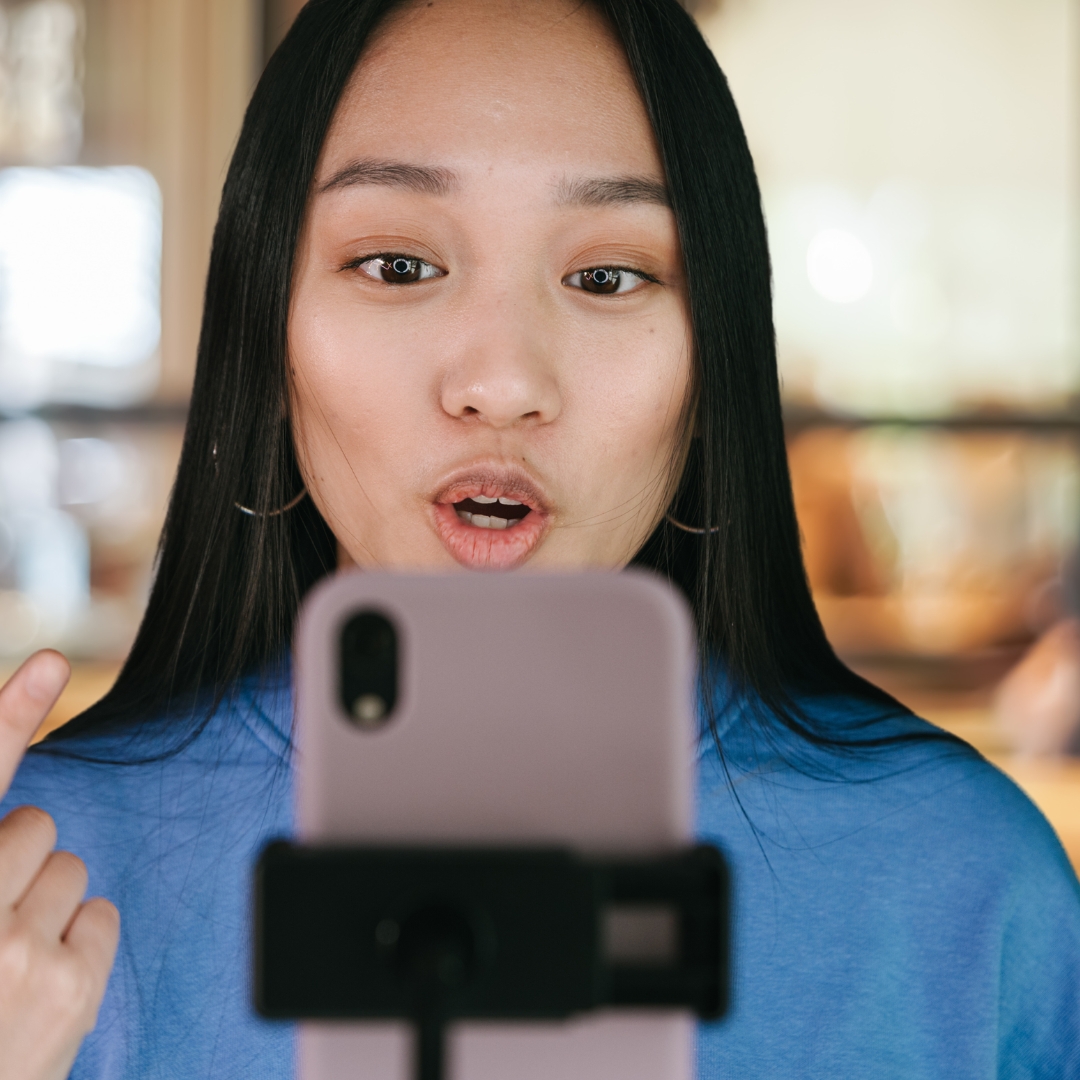As we dive into the digital age, our ways of connecting, communicating, and consuming have fundamentally changed. For better or worse, we’ve traded department stores for online shopping carts, and now, it seems, we’re trading influencers for “deinfluencers”. A new social media trend that’s rapidly gaining momentum, deinfluencing has turned the conventional ideals of consumerism on their head.
What is Deinfluencing?
Deinfluencing is an emerging trend, predominantly on platforms like TikTok and Instagram, where users are leveraging their social media platforms to dismantle the allure of materialism, expensive trends, and overconsumption. Contrary to traditional influencers, who often promote the latest and greatest in fashion, beauty, and lifestyle products, deinfluencers are urging followers to be more conscious of their purchases.
@valeriafride Don’t buy everything you see on here 🥹 #deinfluencing #beautytips #sephorahaul ♬ Her Way (Sped Up) – PARTYNEXTDOOR
Their message is clear and concise: Most of these items are overhyped, they argue, and you don’t need them. Deinfluencers encourage their followers to understand the value of the things they buy, often detailing the downsides of specific overpriced and overhyped products while suggesting more sustainable, affordable, and worthwhile alternatives.
Should We Trust Them?
There’s no denying that deinfluencers are introducing a valuable perspective. With climate change at the forefront of global conversation and a growing awareness of social and economic inequality, this movement offers a refreshing antidote to the sometimes excessive consumerism promoted by conventional influencers.
@livekindly #duet with @farahswayyy deinfluencing you from Amazon products part 1 #restock #amazonfinds #sustainability #plasticfree #zerowaste #deinfluencing #home ♬ Aesthetic – Tollan Kim
However, like any online trend, it’s vital to consider the source of the information. Just as some influencers can promote harmful products or unrealistic lifestyles, deinfluencers too might sometimes oversimplify complex issues or promote alternative viewpoints that aren’t fully researched. As always, it’s important to approach this new wave of influencers with a healthy dose of skepticism and to conduct your own research before making significant changes in your consumer habits.
Deinfluencer Accounts to Follow
@katiehub.org if you review makeup using this filter, you are literally lying 😍 #fyp #filter #deinfluencing #makeup ♬ original sound – katie
Among the growing pool of deinfluencers, several standout TikTok accounts have garnered significant attention:
- @valeriafride
- @michelleskidelsky
- @katiehub.org
- @yejee.lee
- @livekindly
What Do Social Media Managers Think?
Social media managers, who are typically concerned with maximizing engagement and promoting products or services, view the deinfluencing trend with mixed feelings. On one hand, the rise of deinfluencing signifies a more conscious consumer base, which can challenge traditional marketing strategies centered around consumption and newness.
On the other hand, this trend presents opportunities for brands that prioritize sustainability, ethical labor practices, and transparency to truly shine. Brands that can pivot and align themselves with these values will be better positioned to engage with this new wave of socially conscious consumers.
Lessons from the Deinfluencing Trend
At its core, the deinfluencing movement encourages us to reflect on our own consumption habits and values. It’s a reminder to question our desires and the messages we receive from media and advertising. Are we buying because we need or because we’re being influenced to want?
@michelleskidelsky Replying to @anielalapinski returning for deinfluencing duty 🫡🫡 no one judge me for my crippling ubereats problem IM WORKING ON IT #deinfluencing ♬ original sound – michelle
From a societal perspective, the deinfluencing trend sheds light on pressing issues like climate change and waste production, emphasizing the need for collective action and systemic change. It’s a clear sign of an evolving cultural consciousness, highlighting the growing demand for transparency, sustainability, and equity in business practices.
In essence, deinfluencing is a call to reassess what we value and why, in our personal lives and as a society. It’s a trend that invites us all to become a little more mindful, a little more critical, and a little more conscious about the world we live in and the choices we make within it.
